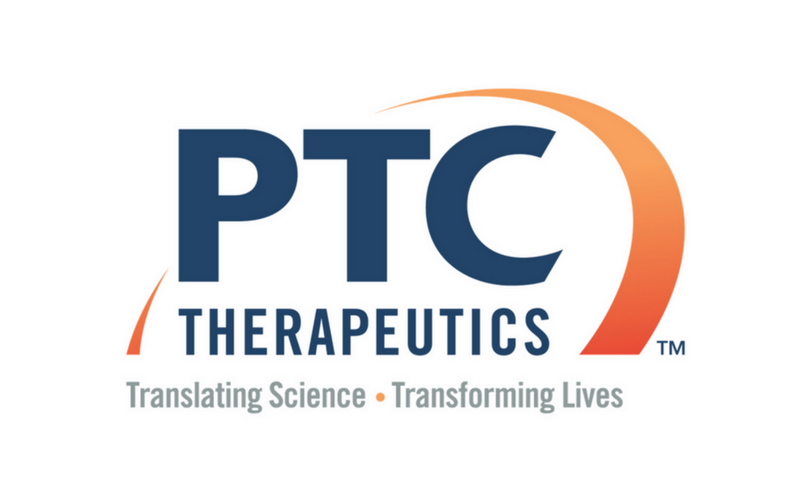Last week PTC Therapeutics published a paper demonstrating that over 1 year, deflazacort slowed the decline in the distance boys living with Duchenne could walk in 6 minutes more than an equivalent dose of prednisolone. Although the data set spans only one year, the researchers extrapolated the results to suggest that deflazacort could help people with Duchenne to maintain the ability to walk for longer. While this is interesting, one of the most exciting aspects of the paper is the source of the data – a clinical trial of PTC’s drug ataluren (now known as translarna), which is now approved to treat Duchenne caused by nonsense mutations.
In 2014, PTC started a large phase 3 trial to investigate the effectiveness of ataluren. The trial included approximately 200 participants, with half receiving ataluren and half receiving placebo. Some boys in the placebo group were taking deflazacort and others were taking prednisolone and PTC has used this data to highlight the differences between the different steroids.
We know that many members of the community do not like the idea of placebo groups, but they are necessary for companies to obtain the very best quality data on the effectiveness of potential treatments. It’s great to see companies like PTC using the data they collect from placebo groups to look at other, important questions in Duchenne.
Find out more
-
Contact Neil Bennett, Director of Research, to find out more on 020 7250 8240
-
Book tickets for the Action Duchenne Conference
-
More about potential therapies for Duchenne



 Clinial hold in Sarepta gene therapy trial
Clinial hold in Sarepta gene therapy trial
